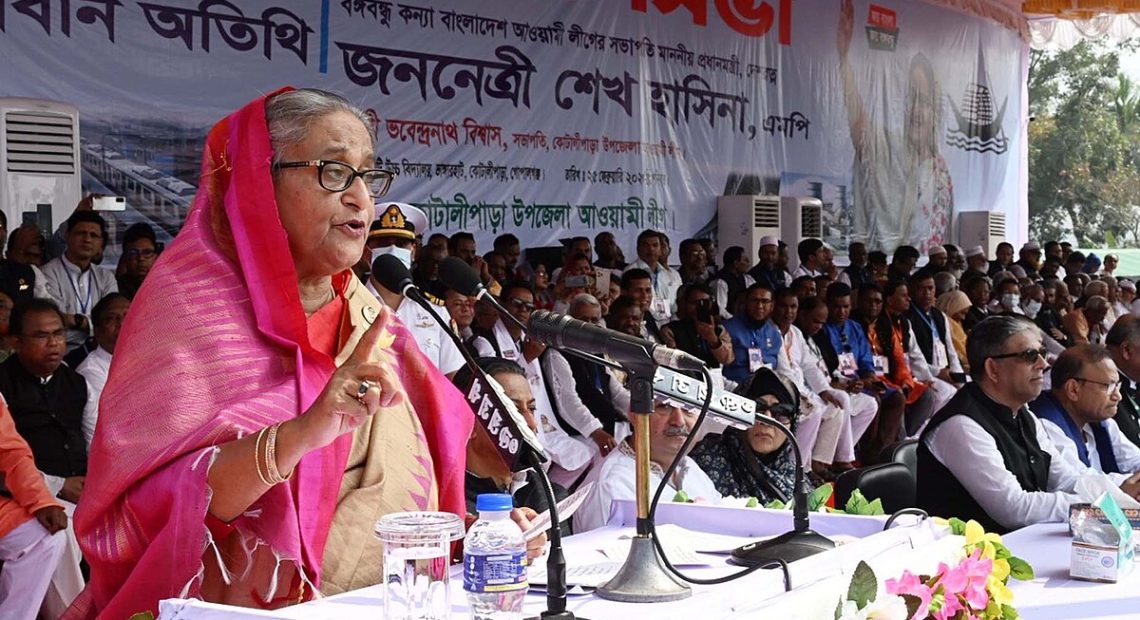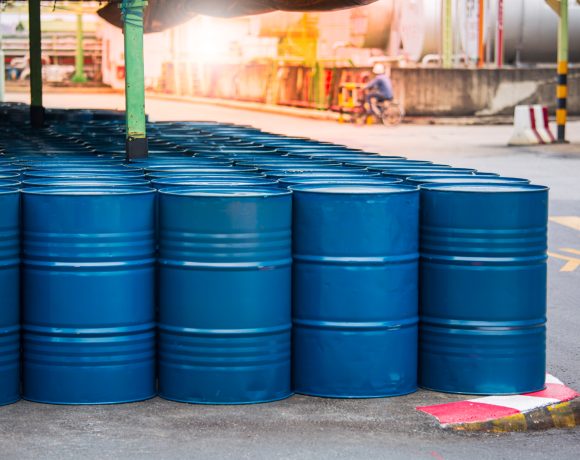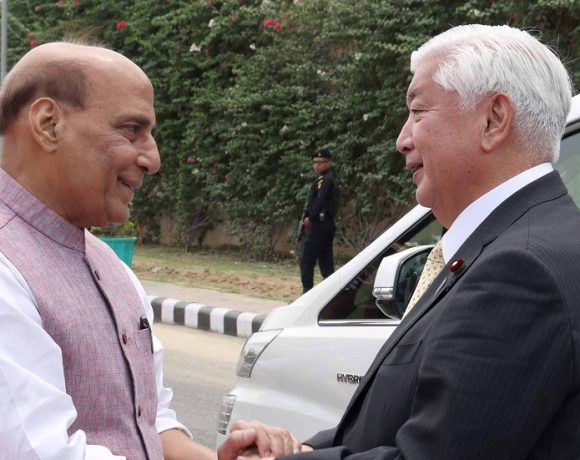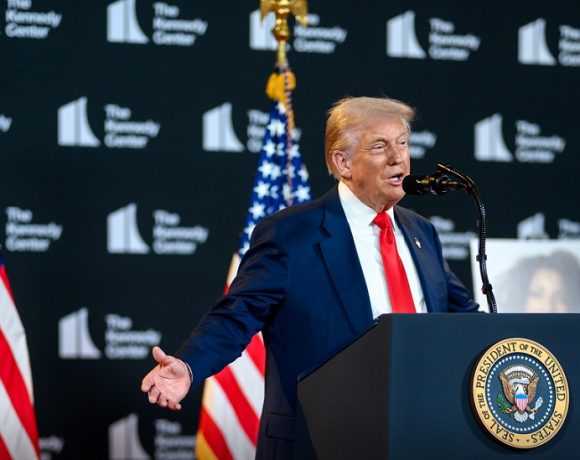
Sheikh Hasina Charged with Crimes Against Humanity in Bangladesh
In a dramatic turn of political and legal events, Bangladesh’s International Crimes Tribunal has formally indicted former Prime Minister Sheikh Hasina on charges of crimes against humanity. The charges stem from her government’s violent suppression of student-led anti-government protests in July and August 2024. According to the tribunal, the crackdown involved systematic killings, arbitrary detentions, torture, and even sexual violence in what is being described as a “planned and deliberate campaign against dissent.”
The indictment marks a stunning reversal for the leader who once established this very tribunal in 2009 to prosecute war crimes from the 1971 liberation war. Now in exile in India, Hasina is expected to appear in court on June 16, alongside co-accused Asaduzzaman Khan, her former home minister (also in India), and ex-police chief Chowdhury Abdullah Al Mamun, who is already in custody.
UN Fact-Finding Report Cites Mass Killings and Abuses
The charges are backed by a detailed UN fact-finding report which estimates that nearly 1,400 civilians were killed during the two-month-long unrest. The report accuses the then-Hasina government of using disproportionate force, including live ammunition, against peaceful demonstrators. The findings document widespread human rights abuses, including attacks on women, children, and the use of enforced disappearances.
The UN Office of the High Commissioner for Human Rights (OHCHR) has called for an independent international investigation and suggested the matter be referred to the International Criminal Court. It described the events as “possibly the most serious state-sponsored civilian targeting seen in South Asia in recent years.”
Interim Government Seeks Extradition, Tensions with India Rise
After Sheikh Hasina’s ouster in August 2024, a caretaker administration led by Nobel laureate Muhammad Yunus assumed office. The Awami League, Hasina’s party, was banned, and an election has been promised by mid-2026. The interim regime has since formally requested the Indian government to extradite Hasina and Khan to face trial in Dhaka.
India has acknowledged the request but has not taken action, citing concerns over due process and political stability. This has caused growing diplomatic friction, as Bangladesh’s new leadership pushes for international legitimacy and seeks to demonstrate commitment to justice and accountability.
A Landmark Moment for Bangladesh’s Democratic Transition
The trial of Sheikh Hasina is shaping up to be one of the most consequential legal proceedings in South Asia in recent history. It symbolizes the shift in Bangladesh’s political climate—one moving from long-standing dynastic rule toward a more accountability-oriented transitional government.
Whether the proceedings will lead to conviction or reconciliation remains to be seen, but the gravity of the charges and the international attention on this case ensure that it will redefine Bangladesh’s political and judicial landscape for years to come.


















